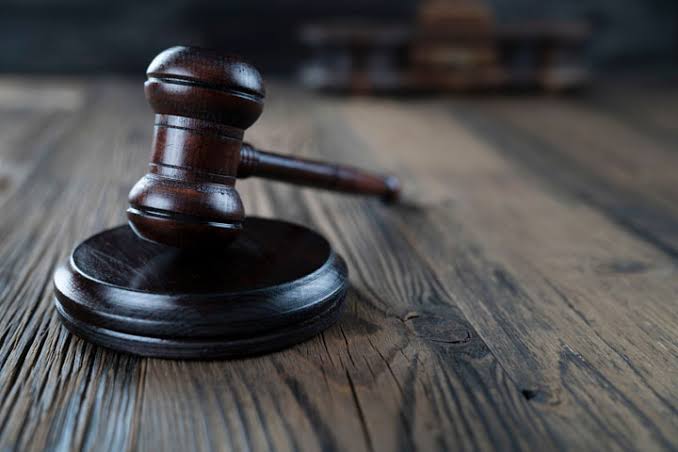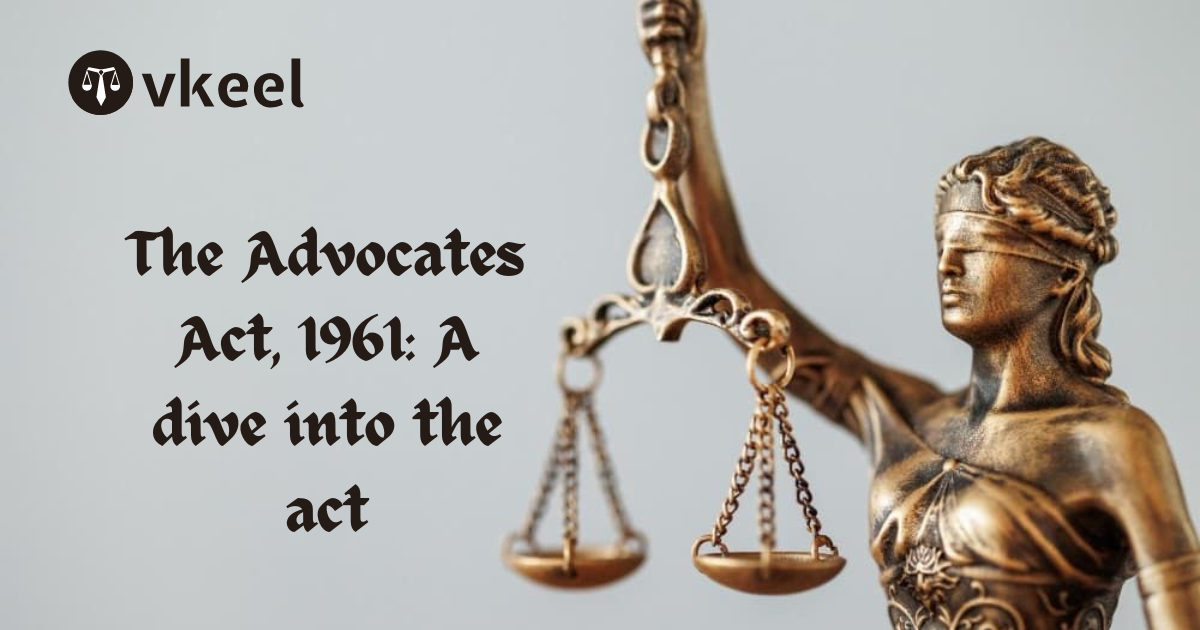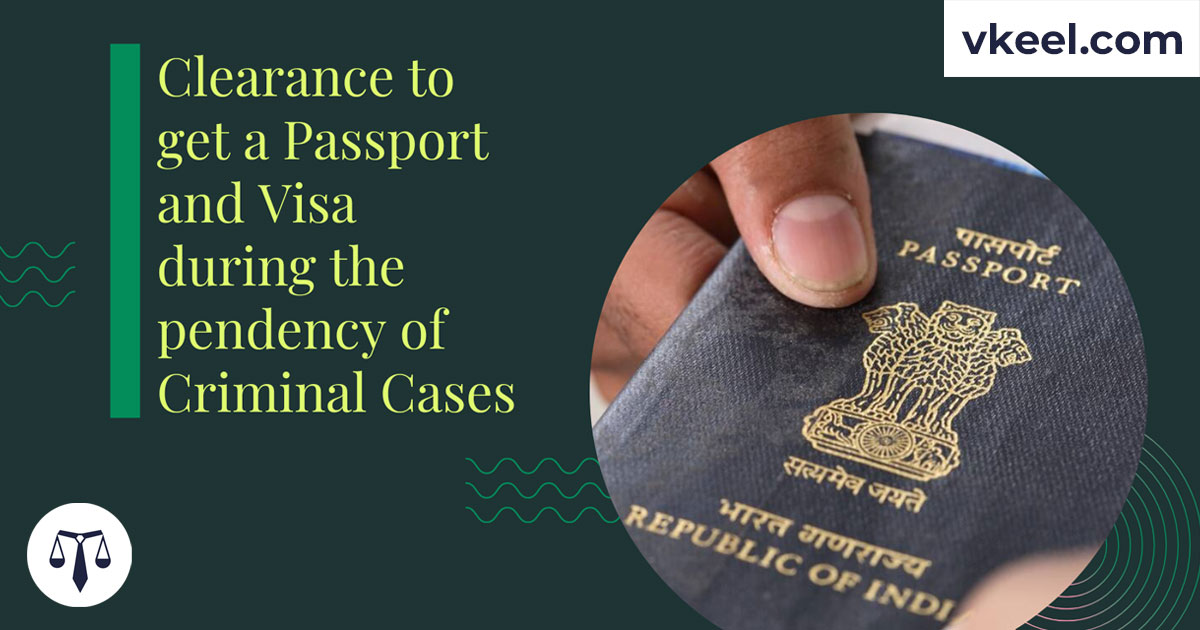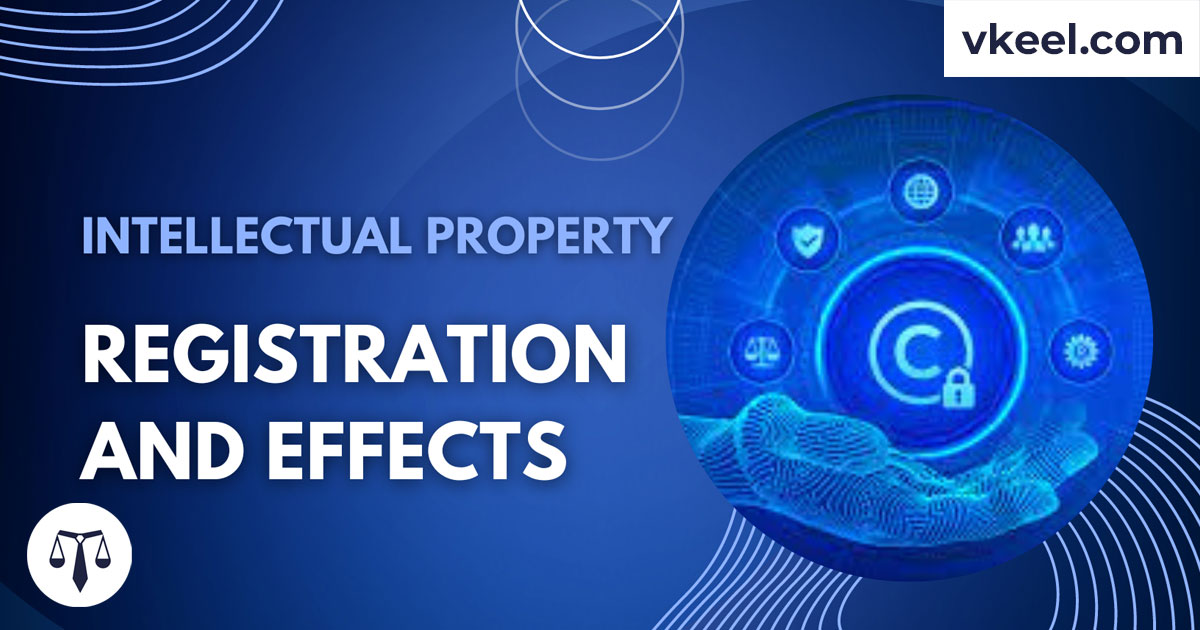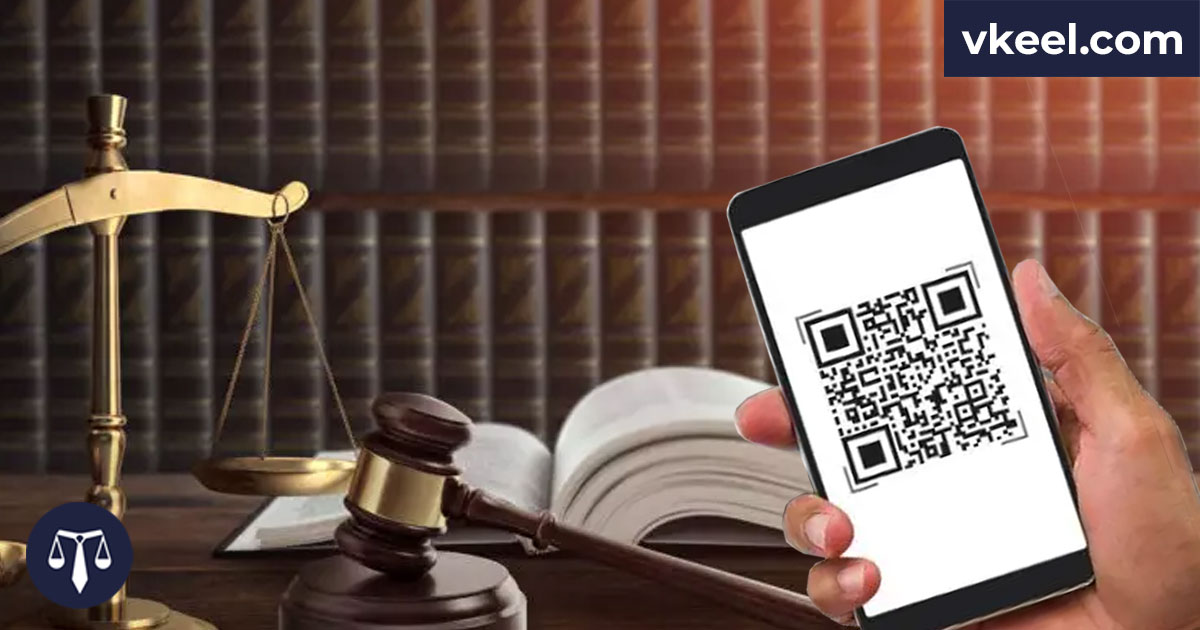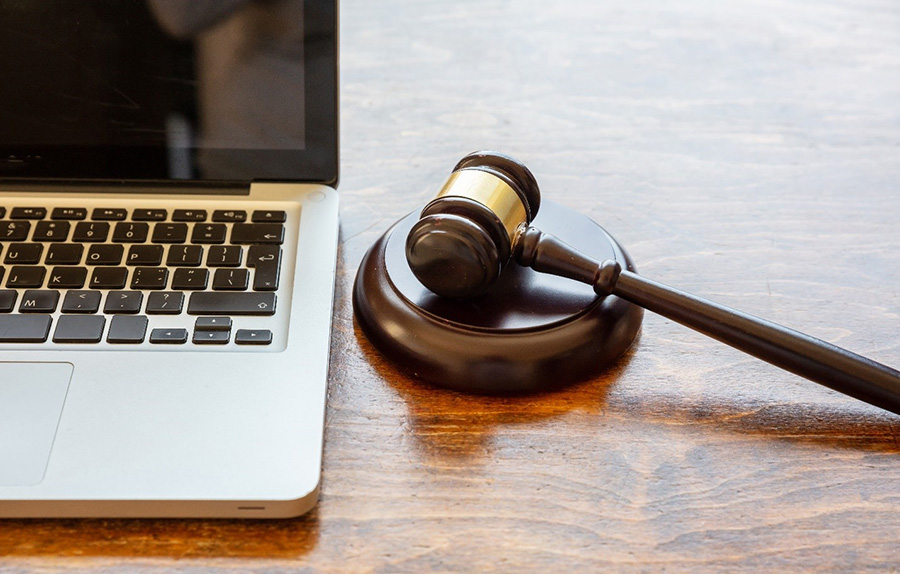The Advocates Protection Bill 2021
By Advocate Anik
On the second of July 2021, the committee constituted by the Bar Council of India consisting of seven members issued the ‘The Advocates Protection Bill 2021’. The nominated committee consisted of Mr S. Prabakaran (Sr. Advocate, Vice-Chairman, Bar Council of India), Mr. Debi Prasad Dhal (Sr. Advocate, Executive Chairman, Bar Council of India Trust), Mr. Suresh Chandra Shrimali (Co-Chairman, Bar Council of India), Mr. Shailendra Dubey (Member, Bar Council of India), Mr. A. Rami Reddy (Executive Vice-Chairman, Bar Council of India Trust), Mr. Shreenath Tripathi (Member, Bar Council of India) and Mr. Prashant Kumar Singh (Member, Bar Council of India). The bill came to be drafted with the objective of providing protection to advocates from any kind of criminal force, intimidation, threats or assaults for that matter while working in the capacity of an advocate. The passing of the bill also is in consonance with the Eighth United Nations Congress on the Prevention of Crime and the Treatment of Offenders[i], to which India was a participant where it has adopted the “Basic Principles on the Role of Lawyers”. Clauses 16 to 18 of the declaration deals with guarantees for the functioning of a lawyer which are as follows:
Consult with: Top Lawyers of India
“Clause 16. Governments shall ensure the lawyers, That they are able to perform all of their professional services/functions without intimidation, hindrance, harassment or improper interference, They are able to travel and to consult with their clients freely both within their own country and abroad; and They shall not suffer or be threatened with prosecution or administrative, economic or other sanctions for any action taken in accordance with recognized professional duties, standards and ethics.
Clause 17. Where the security of lawyers is threatened as a result of discharging their duty, they shall be adequately safeguarded by the authorities”.
A principal factor in issuing this bill is the rise in intimidation, assaults, and constant threats against advocates. Time and again in fact the Apex Court has stated that“[ii]the Bar is an extension of the system of justice, an advocate is an officer of the court. He is the master of expertise, but more than that, accountable to the court and governed by high professional ethics. The success of the judicial process often depends on the services of the legal profession”. Therefore it becomes necessary to form a protected system for advocates to discourage any kind of obstacle in the administration of justice.
The bill safeguards the attorneys’ interest so that they can utilise their full potential while discharging their duties as an officer of the court. The bill while being aligned with its objectives compiles within sixteen sections covering a wide range of safeguards for attorneys. The act in its initial sections defines the word ‘advocate’ same as Section 2(1)(a) of the Advocates Act, 1961. Under the bill “act of violence” refers to acts committed by any person against an advocate, with an intent to prejudice or derail the process of impartial, fair and fearless conduct of any litigation before any court, tribunal or authority in which such Advocate is engaged or acts of retribution towards the outcome of proceedings before any of the above forums and includes the following:
Talk with: Best Lawyers of India
i. Harassment, coercion, assault, criminal force or threat impacting the living or working conditions of such advocates and preventing him from discharging his duties;
ii. Harm, injury, hurt, either grievous or simple, or danger to the life of such advocates, either within the premises of the Courts or otherwise;
iii. Coercion by whatsoever means, of an Advocate to reveal or part with privileged communication or material which such Advocate is bound to hold in confidence under the law;
iv. Coercionby whatsoever means, of an Advocate not to represent or to withdraw his Vakalath or appearance to act, plead or appear on behalf of a client before any court, tribunal or authority;
v. loss or damage to any property or documents or materials which such Advocate is bound to hold under the law;
vi. Usage of derogatory language during the course of the judicial and quasi-judicial proceedings.
Further, the bill also highlights the importance of setting up of hierarchical Redressal Committees where the committee heads shall be the head of the Level Judiciary, as District Judge, Chiefs of Justice, High Court candidates or CJI, or Supreme Court appointees. On the other hand, the remaining members shall be named and nominated by the respective Bar Councils. The Bill encourages providing compensation to the advocates for sufferings caused to them. Sections 3 and 4 expressly elaborate on various criminal charges that may be inflicted on the offenders as well as repetitive offenders which may be sentenced from six months and extend up to five years. Penalties start at Rs.50,000 and rise to Rs. 1 lakh; fines may rise to Rs. 10 lakhs for repetitive crimes.
Consult with: Top Lawyers of India
The bill covers a plethora of securities such as ‘Malicious Prosecution of Advocates’, ‘Presumption as to coercion in case of a public servant obtaining privileged communication from a legal practitioner’, ‘Police Protection’ etc. which are discussed in length below various heads. These each of heads eventually corresponds to the security of an advocate. One of the far-sighted characteristics of the bill was its social security aspect enlisted under section 15 of the bill where it provides that the State and Central Government should provide funding for all the country’s Advocates who are in need in the event of natural catastrophes or epidemics, in unanticipated scenarios.
One of the crucial requirements while practising the profession of an advocate is maintaining confidentiality between advocates and clients. In the light of this requirement, section 11 of the bill sets forth that without any order from the Chief Judicial Magistrate, no police officer shall arrest the lawyer and/or investigate an advocate case. If information is supplied to the officer-in-charge of a Police Station for the commission of any offence committed by an advocate, the police officer enters or causes the substance of the information with a book which is to be maintained by the officer and refers the information to the nearest chief judicial officer, which conducts a preliminary inquiry into the case and the Chief Judicial Magistrate concerned shall issue notice to the advocate and give him the opportunity of being heard or to his counsel or representative.
The Bar Council of India in its press release[iii] regarding the bill while committing to the cause aims at successfully passing the bill. The press release while mentioning the judicial precedent of Ramon Services Pvt. Ltd. v. Subbash Kapoor[iv] highlights the importance of legal fraternity. It states that “Persons belonging to the legal profession are concededly the elite of the society. They have always been in the vanguard of progress and development of not only law but the Polity as a whole. Citizenry looks at them with hope and expectations for traversing on the new paths and virgin fields to be marched on by society. The profession by and large, till date has undoubtedly performed its duties and obligations and has never hesitated to shoulder its responsibilities in larger interests of mankind.” This bill is an attempt in ensuring adequate protection to members of the legal fraternity so that they can carry on their duties as officers of the court, fearlessly without having to worry about their and their family’s social and physical safety. The bill so far has been presented in the most elaborated way and leaves no space for any vagueness or misconceptions. What remains the big question is whether this bill makes to the Act or just remains on the page.
Talk with: Best Lawyers of India
[i] Havana, Cuba 27th August to 7th September 1900
[ii] Harishankar Rastogi vs Girdhari Sharma And Anr on 13 March 1978 2 SCC 165
[iii] The Bar Council of India, press release 02nd July 2021 Manan Kumar Mishra (Senior Advocate- Chairman BCI)
[iv] AIR 2001 SC 207
Disclaimer:
The information provided in the article is for general informational purposes only, and is not intended to constitute legal advice or to be relied upon as a substitute for legal advice. Furthermore, any information contained in the article is not guaranteed to be current, complete or accurate. If you require legal advice or representation, you should contact an attorney or law firm directly. We are not responsible for any damages resulting from any reliance on the content of this website.

